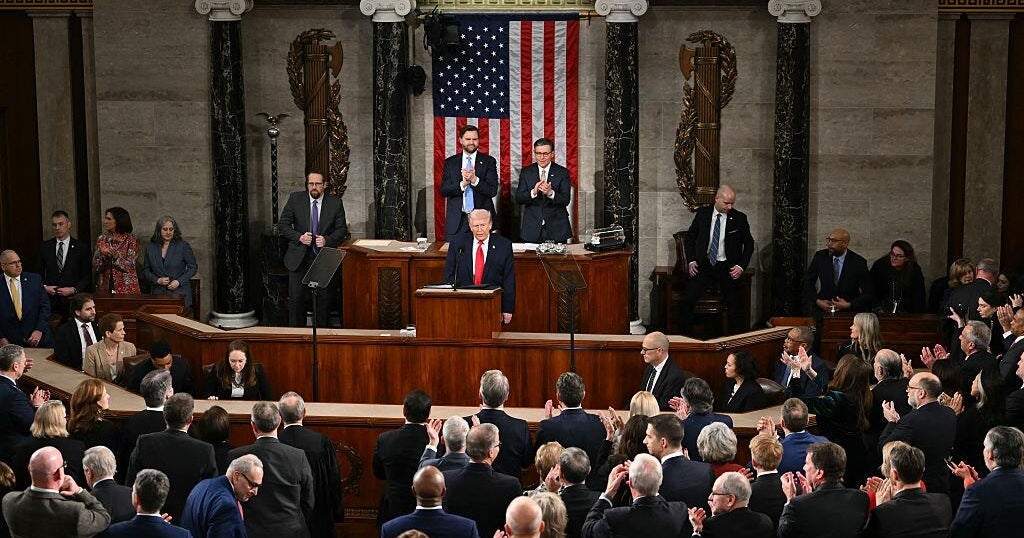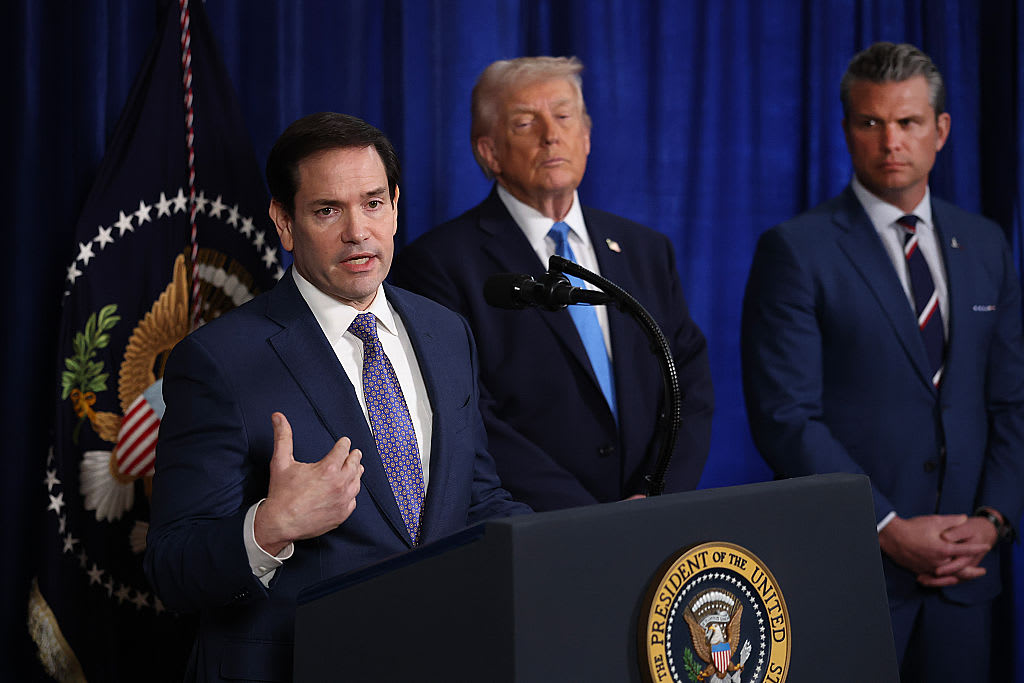McConnell taps Rubio as acting chairman of Senate Intelligence Committee
Washington — Republican Senator Marco Rubio of Florida has been selected to serve as the acting chair of the Senate Intelligence Committee, Senate Majority Leader Mitch McConnell announced Monday, after Senator Richard Burr temporarily stepped down from the post amid scrutiny over his stock trades.
"The senior senator for Florida is a talented and experienced Senate leader with expertise in foreign affairs and national security matters. Senator Rubio was the natural choice for this temporary assignment on the basis of accumulated committee service," McConnell said in a statement. "His proven leadership on pertinent issues only made the decision easier."
Rubio also chairs the Senate Small Business Committee and is the second-highest-ranking Republican on the Senate Foreign Relations Committee.
"I am grateful to Leader McConnell for his confidence in me to lead the Senate Intelligence Committee during Senator Burr's absence from the chairmanship," the Florida senator said in a statement. "The committee has long been one that conducts its work seriously, and I look forward to continuing that tradition."
Senator Mark Warner, the panel's Democratic vice chairman, welcomed the announcement, saying Rubio "has been a great partner on intelligence and national security issues and I look forward to working with him in his new role as Acting Chairman."
McConnell announced last week that Burr, a Republican from North Carolina, would be temporarily stepping aside as chairman of the Intelligence panel amid a federal probe into his stock sales at the start of the coronavirus pandemic.
Burr and his wife sold between $600,000 and $1.7 million in stocks between the end of January and mid-February, just before the economic downturn spurred by the coronavirus pandemic. They also bought between $16,000 and $65,000 of stock February 4.
The North Carolina senator, like other senators, participated in closed-door hearings about the threat of COVID-19, raising questions as to whether his financial moves were shaped by the information received in the briefings.
FBI agents seized Burr's cell phone as part of the investigation into the transactions last week.
Burr has defended the sales, saying he "relied solely on public news reports" to inform his decisions to sell stocks on February 13, before businesses were ordered to close, schools were shuttered and the economy was brought to a halt because of the coronavirus. He also asked the Senate Ethics Committee to open a review of the matter.



